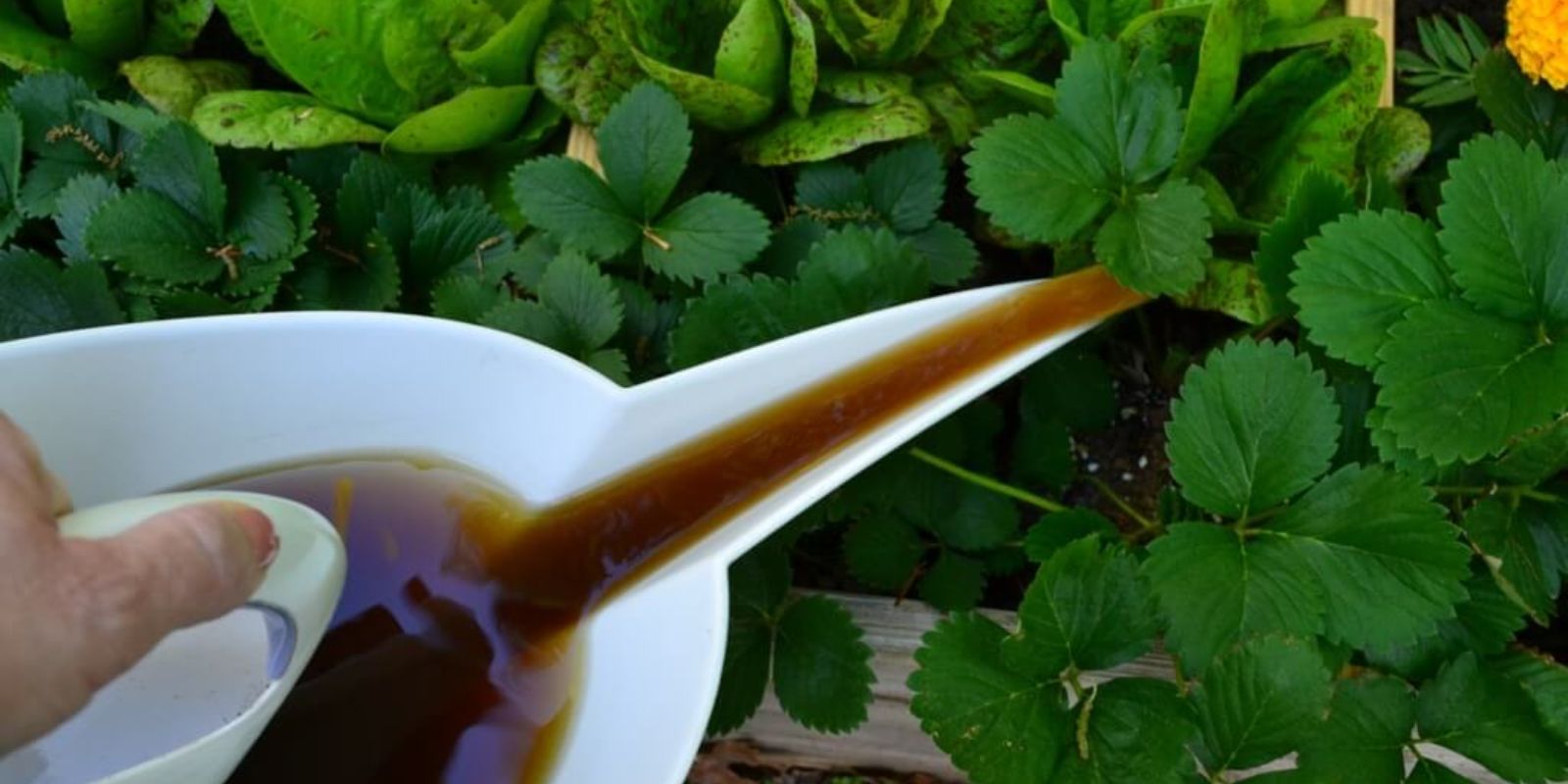Introduction
Compost tea is one of the most effective and natural ways to enhance your garden’s health. This nutrient-rich liquid is made by brewing compost in water, creating a powerful elixir that feeds your plants and improves soil structure. When applied regularly, compost tea can transform your garden, promoting vigorous plant growth, increasing disease resistance, and boosting overall plant vitality. In this guide, we will walk you through the process of making compost tea, from selecting ingredients to application, ensuring you can harness its full potential for your garden.
1. Understanding Compost Tea
A. What Is Compost Tea?
Compost tea is a liquid fertilizer made by steeping compost in water. This process extracts beneficial microorganisms, nutrients, and organic matter from the compost, creating a solution that can be applied to soil or plants. The beneficial microbes in compost tea help to break down organic matter in the soil, making nutrients more accessible to plants and improving soil health.
B. Benefits of Compost Tea
- Nutrient Boost: Provides essential nutrients to plants in a readily available form.
- Microbial Health: Introduces beneficial microbes that enhance soil health and plant resilience.
- Disease Resistance: Helps to suppress soil-borne diseases and pathogens.
- Soil Structure: Improves soil texture and water retention.
2. Gathering Ingredients
A. Compost
- Selection: Use well-aged compost that has decomposed thoroughly. Fresh compost may not have the desired microbial balance.
- Types: You can use compost from your own compost bin or buy pre-made compost from a garden center.
B. Water
- Quality: Use clean, chlorine-free water. Chlorine can kill beneficial microbes in the compost tea. If using tap water, let it sit for 24 hours to allow chlorine to dissipate.
- Temperature: Room temperature water is ideal for brewing compost tea.
3. Preparing the Tea Bag
A. Bag or Sock
- Material: Use a porous fabric bag or cheesecloth. This allows water to flow through while containing the compost.
- Size: Ensure the bag or sock is large enough to hold a sufficient amount of compost but small enough to fit comfortably in your brewing container.
B. Securing the Compost
- Fill the Bag: Place the compost into the bag or sock.
- Seal: Secure the bag with a string or rubber band to prevent compost from spilling out.
4. Brewing the Compost Tea
A. Steeping Process
- Submerge: Place the compost-filled bag into a bucket of water. The ratio is typically about 1 part compost to 5 parts water, but you can adjust based on the strength desired.
- Aerate: Add an aquarium air pump and air stone to the bucket. This will keep the tea aerated, which helps to maintain a healthy population of beneficial microbes. The air pump should run continuously during the brewing process.
B. Brewing Time
- Duration: Allow the compost to steep for 24 to 48 hours. Longer brewing times can increase the microbial concentration, but be cautious not to over-brew, as this can lead to unpleasant odors and reduced effectiveness.
- Monitoring: Check the tea periodically. It should have a pleasant earthy smell. If it smells sour or off, discard it and start over with fresh compost and water.
5. Straining and Application
A. Strain the Tea
- Remove the Bag: After brewing, carefully remove the compost bag from the bucket.
- Discard Compost: Dispose of the used compost. It can be added to your compost bin or used as mulch in the garden.
B. Application Methods
- Soil Application: Pour the compost tea directly onto the soil around your plants. This helps to deliver nutrients and microbes directly to the root zone.
- Foliar Spray: Use a sprayer to apply the tea to the leaves of your plants. This can help with nutrient absorption and disease prevention.
C. Frequency
- Regular Use: Apply compost tea every 2 to 4 weeks during the growing season. This ensures your plants receive a consistent supply of nutrients and beneficial microbes.
6. Tips for Success
A. Keep It Clean
- Clean Equipment: Always clean your brewing equipment thoroughly to prevent contamination and maintain the health of the compost tea.
B. Adjust Based on Plant Needs
- Monitor Plant Response: Observe how your plants respond to compost tea. Adjust the concentration or frequency based on their growth and health.
C. Combine with Other Practices
- Integrated Approach: Use compost tea as part of a comprehensive garden care routine that includes proper watering, mulching, and pest management.
Conclusion
Making compost tea is a simple yet highly effective way to boost your garden’s health and vitality. By following these steps, you can create a nutrient-rich liquid that nourishes your plants and improves soil structure. Whether you’re a seasoned gardener or just starting out, compost tea offers a natural and sustainable solution for enhancing your garden’s growth and resilience. Start brewing today and watch your garden thrive!
Motivation:
Unlock the power of compost tea and give your plants the ultimate nutrient boost they deserve! Share your compost tea success stories and inspire fellow gardeners to elevate their plant care routine.
Hashtags:

